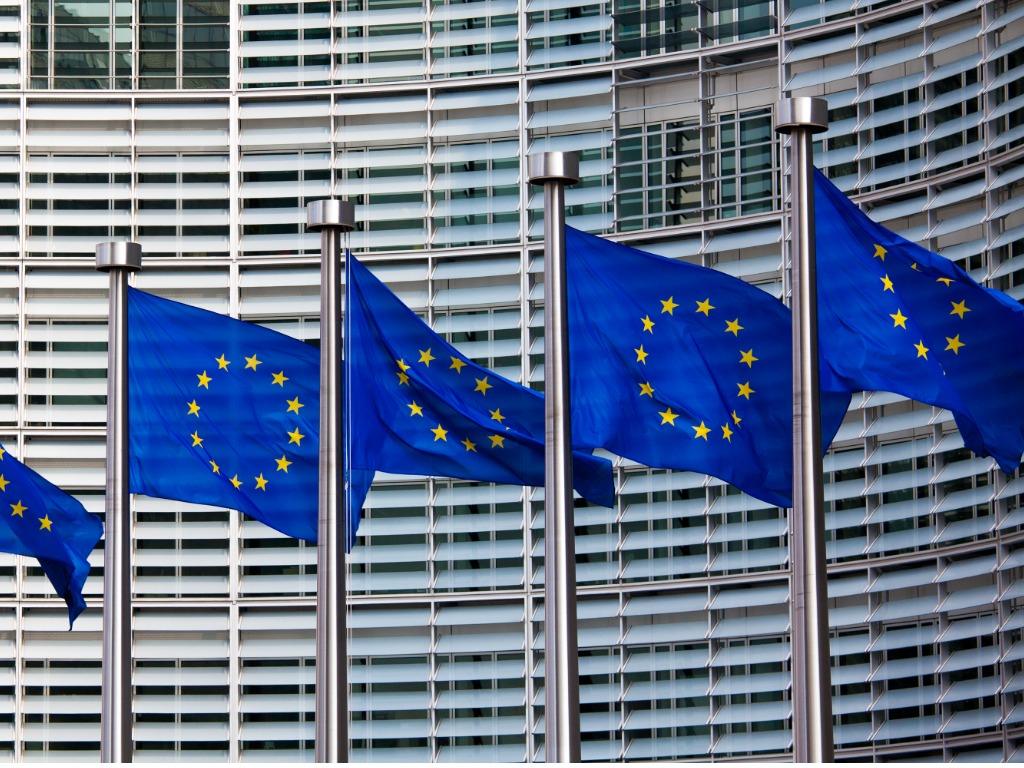The European Commission announced today a series of new proposed changes to the EU Deforestation Regulation (EUDR) – its new law aimed at ensuring that products imported to or exported from EU markets no longer contribute to deforestation and forest degradation globally – including removing due diligence obligations for many retailers and manufacturers, as well as for smaller companies in low-risk countries.
The Commission also said that it still plans to have the EUDR enter into force at the end of this year, despite a recent proposal to push it back by a year, although large companies will be provided a six month grace period for enforcement, and small enterprises will not be covered by the regulation until the end of 2026, according to the new proposal.
The EUDR was initially introduced by the EU Commission in November 2021, with proposals aimed at effectively banning deforestation-linked products on the EU market, and establishing strong compliance requirements for companies providing or utilizing key commodities and products such as palm oil, beef, timber, coffee, cocoa, rubber and soy, in addition to some of their derived products, such as leather, chocolate, tires, or furniture.
Under the new rules, companies that want to place relevant products on the EU market, or export them, will face mandatory due diligence rules, including a requirement to trace the products back to the plot of land where it was produced, to prove that the products were produced on land that was not subject to deforestation after 2020, and are compliant with all relevant applicable laws in force in the country of production.
In a letter to Parliament last month, EU Commissioner Jessika Roswall proposed delaying the implementation of the EUDR by a year, due to concerns that IT systems currently in place will not be sufficient to handle the data load created by the new regulation. The regulation had already been pushed back by a year on preparedness concerns, and the regulation then hit another potential roadblock earlier this year, with Parliament MEPs voting to reject the EUDR’s benchmarking system categorizing countries by their level of deforestation risk, with some lawmakers calling for the introduction of a “no risk” category to exempt some countries from the law’s requirements.
According to the Commission, its new proposal aims to make sure that its IT system is fully operational, as well as to simplify obligations, particularly for micro and small operators in low risk countries.
Under the new proposals, reporting obligations would be focused on the operators that actually place the relevant EUDR products on the market, while downstream operators such as retailers or manufacturers would no longer be obliged to submit due diligence statements, requiring only one submission, instead of multiple ones, in the EUDR IT system across the supply chain. As an example, the Commission said that “cocoa beans would need only one due diligence statement to be submitted by the importer placing them on the EU market, but downstream manufacturers of chocolate products will not be required to submit a new due diligence statement in the IT system.”
For micro and small primary operators, in addition to the delayed EUDR implementation, only a simple, one-off declaration in the EUDR IT system would be required to be submitted, while if the information is already available, the operators would not have to take any action in the IT System themselves, replacing the previous need for regular submissions of due diligence statements.
Notably, the Commission said that nearly 100% of farmers and foresters in the EU would be included in the group of micro and small primary operators from low-risk countries.
The Commission’s proposal will need to be formally adopted by the EU Parliament and Council in order to come into effect. With the regulation set to begin at the end of 2025, the Commission said that it is calling on Parliament and the Council to swiftly adopt the proposal, and added that it is working on contingency plans in case it is not adopted in time by the co-legislators.
Teresa Ribera, EU Commission Executive Vice-President for Clean, Just and Competitive Transition, said:
“This approach provides certainty and stability, streamlining the tracking process for micro and small producers who, while individually posing little risk, collectively provide critical data for maintaining overall traceability. We offer a clear implementation schedule that ensures the regulation will take effect seamlessly starting end of this year, allowing large operators to progressively adapt while giving micro and small producers more time to adjust.”
Environmental groups criticized the changes to the EUDR, with the WWF calling the proposal “a shameful surrender to political pressure,” and adding that the revisions “would significantly increase risks of deforestation and illegality in supply chains.”
Anke Schulmeister-Oldenhove, Senior Forest Policy Officer at WWF European Policy Office, said:
“The Commission may win a few political points, but the losers are clear: companies that have invested in deforestation-free supply chains, and forests that will continue vanishing at a breathtaking pace. Forests are not bargaining chips. They are essential to climate stability, biodiversity, and human rights protection. The EU must stop undermining its own laws and start delivering on the promises it made.”

